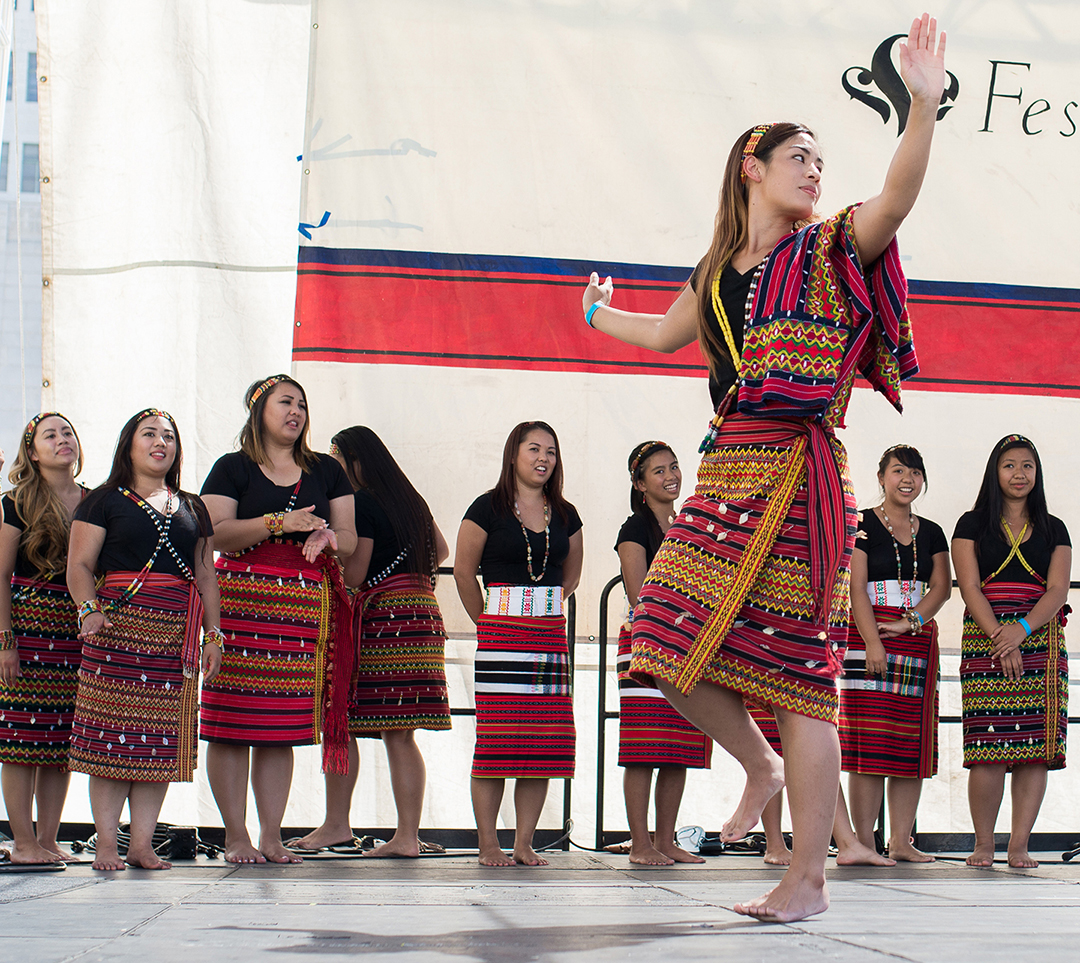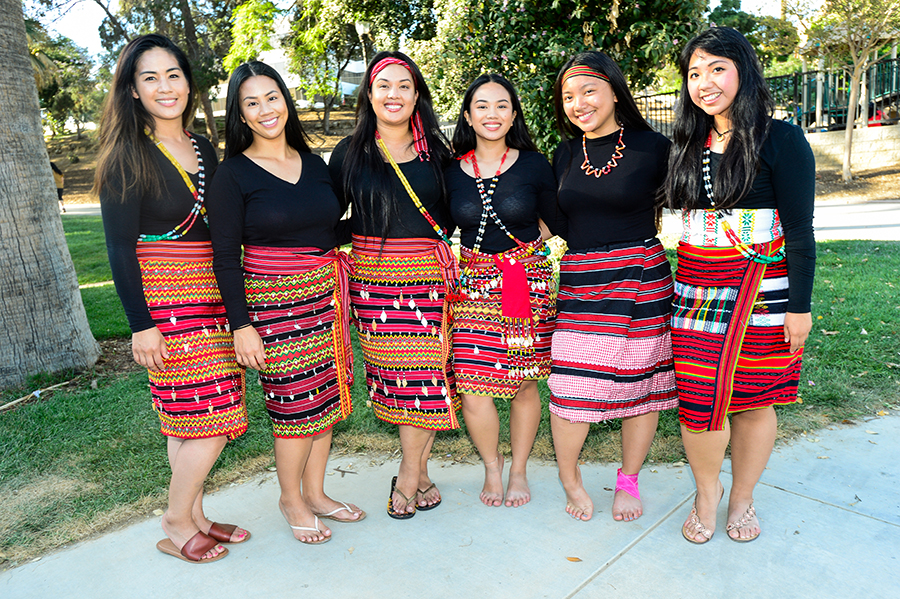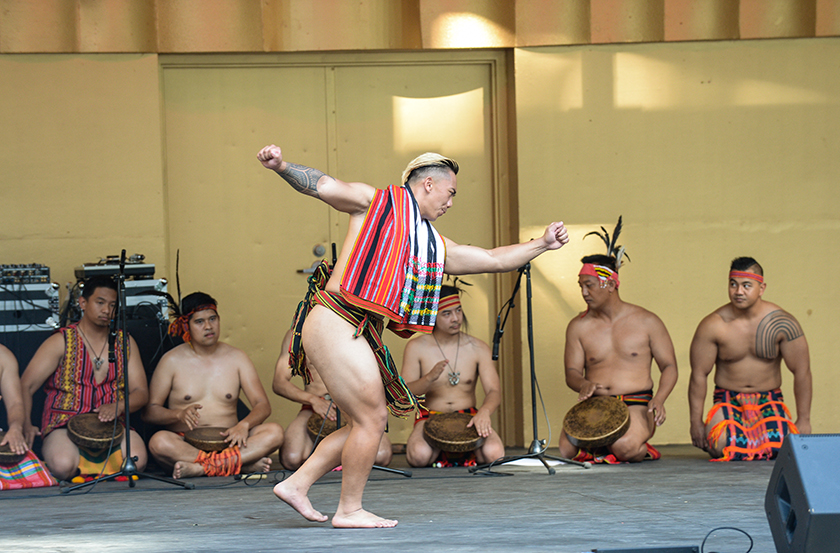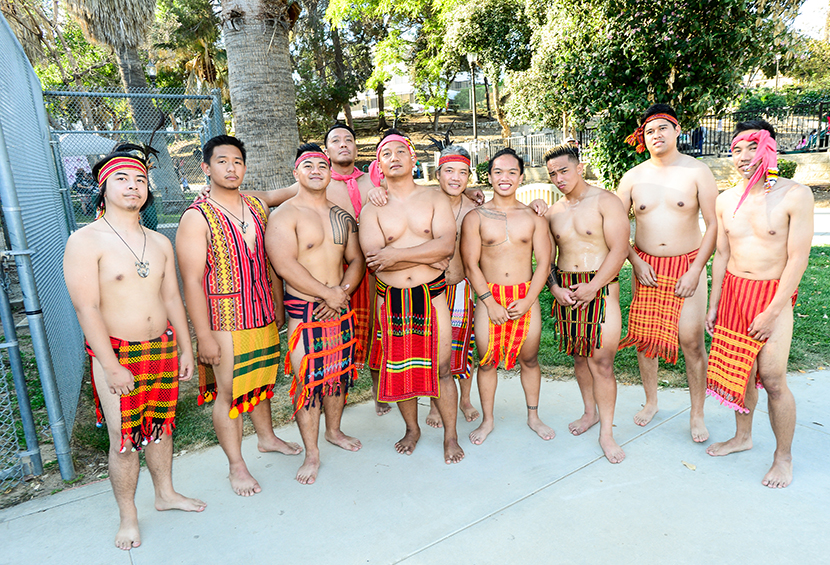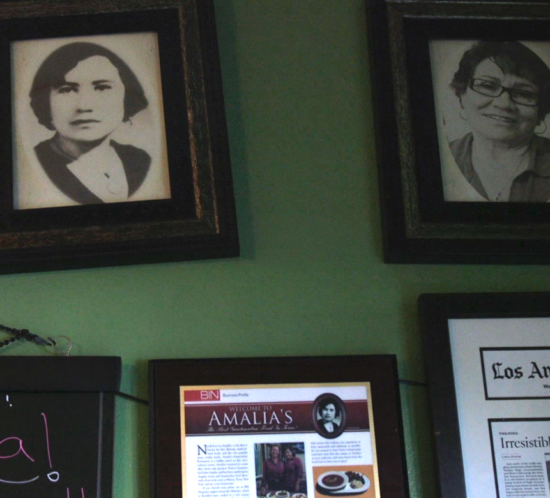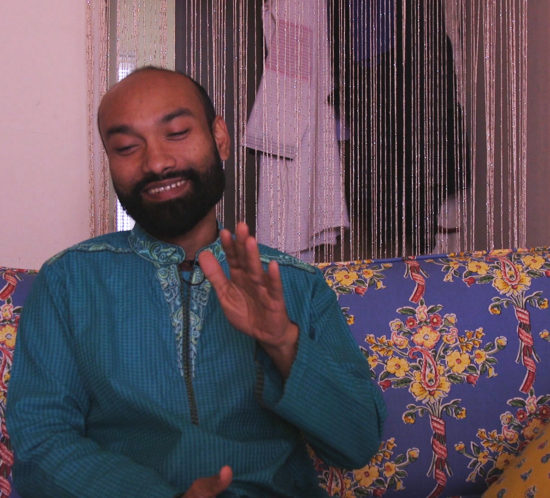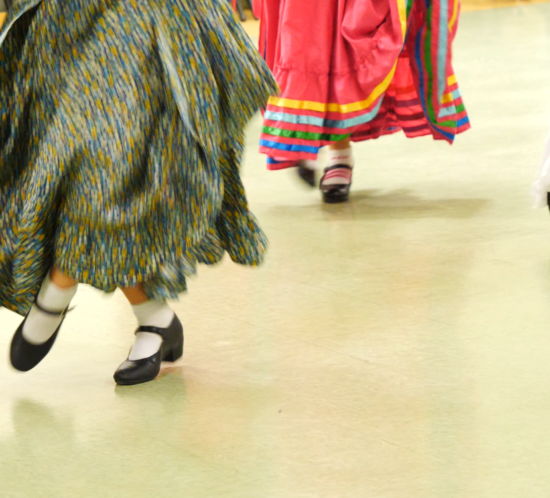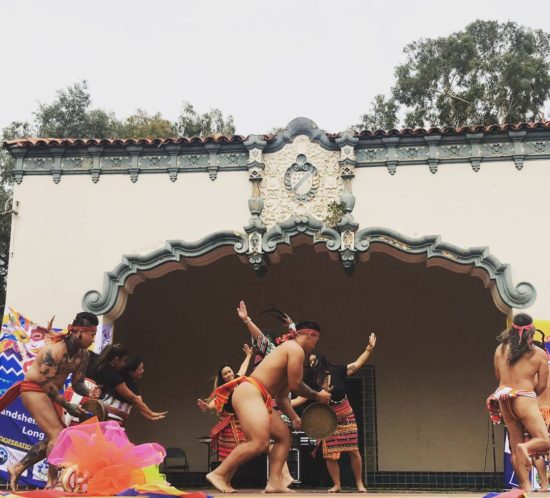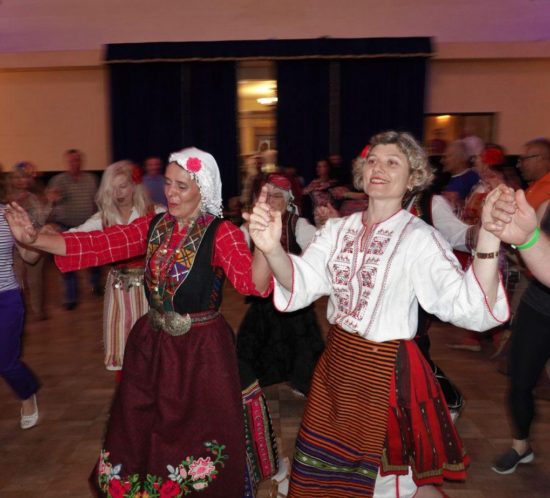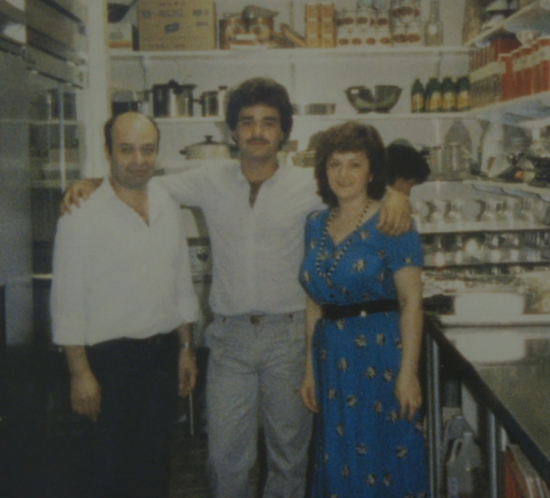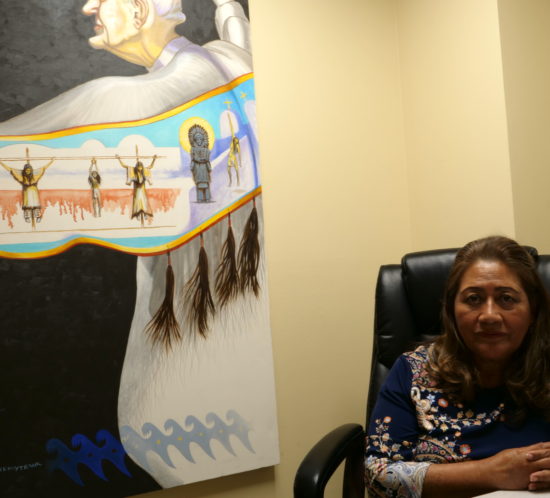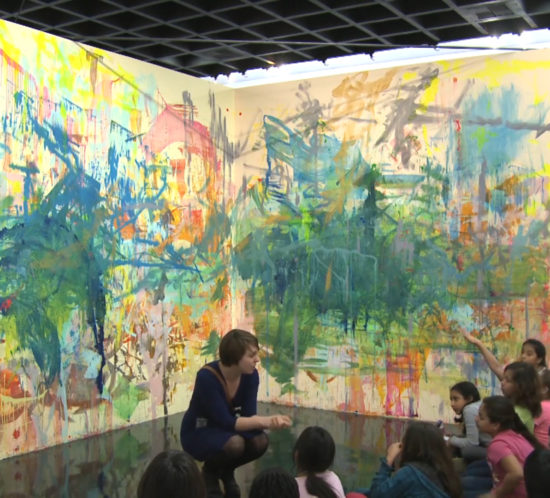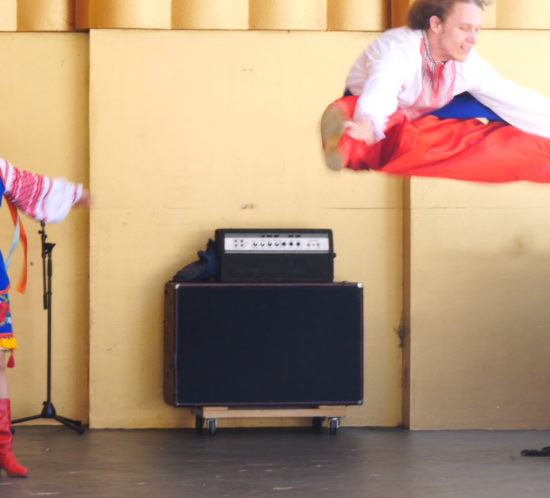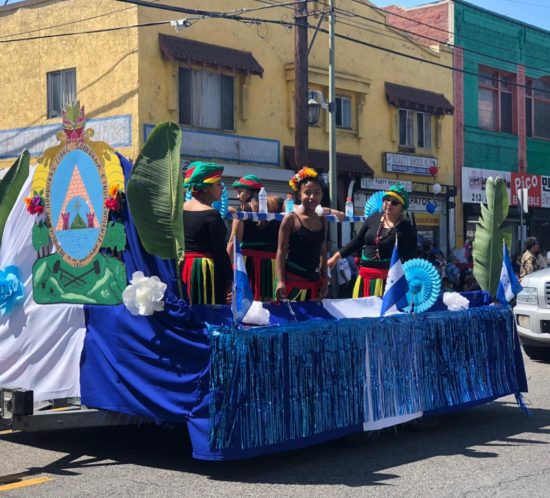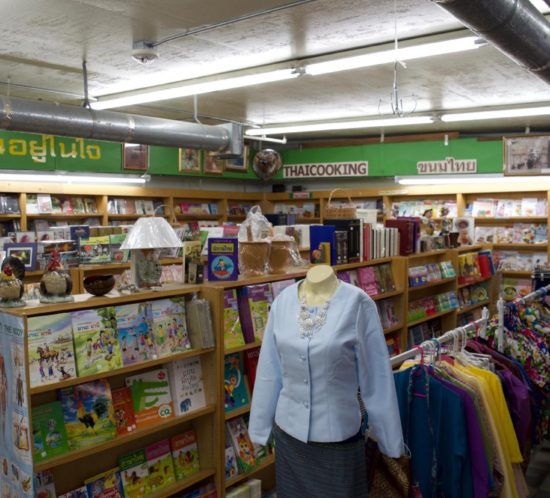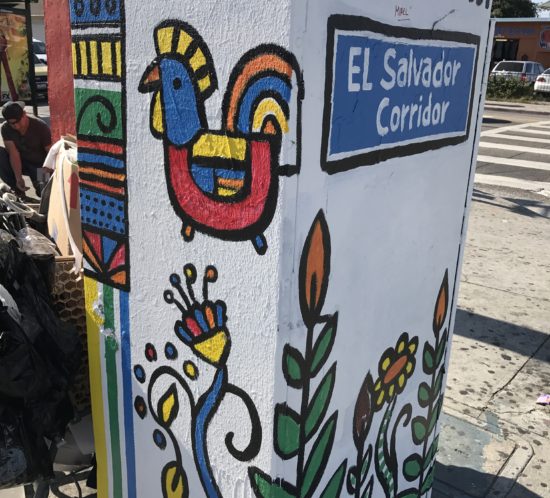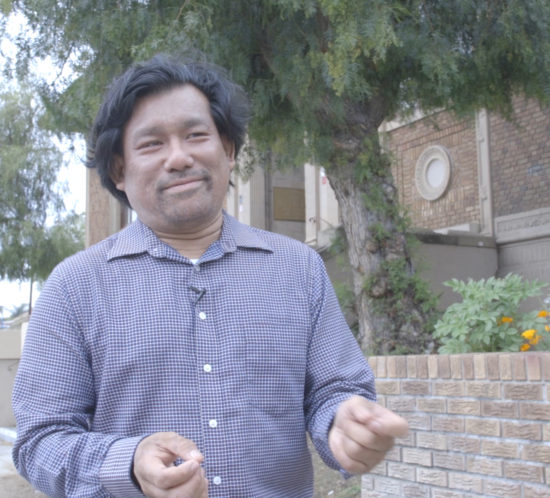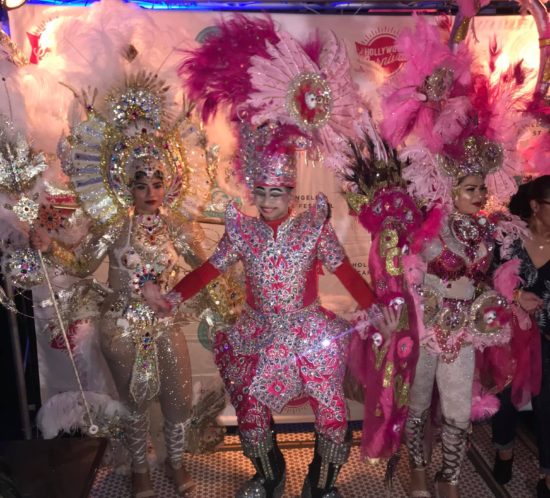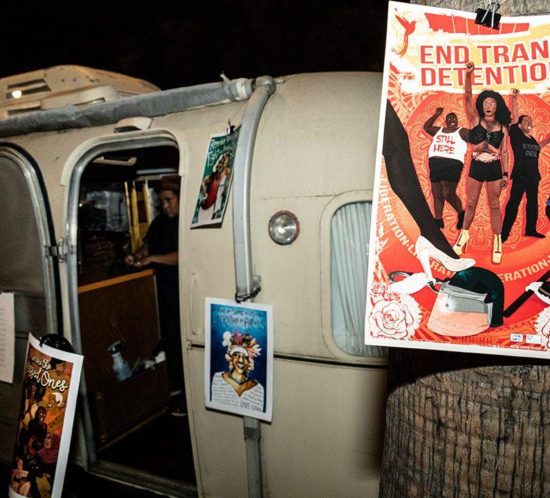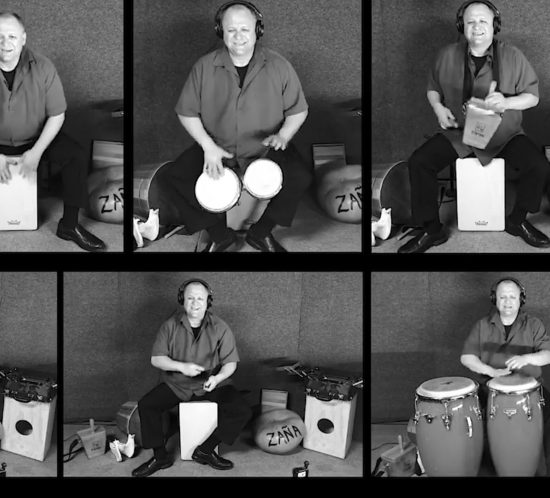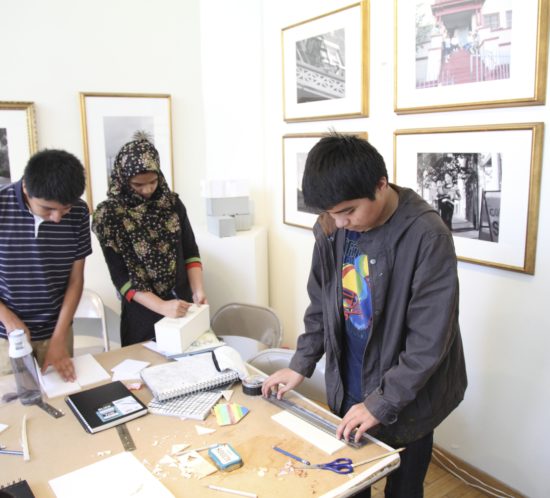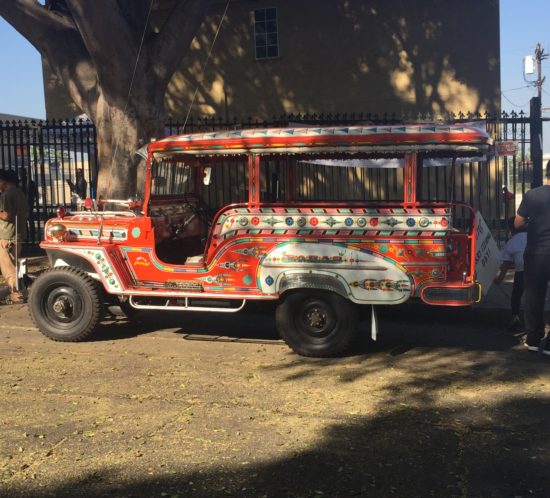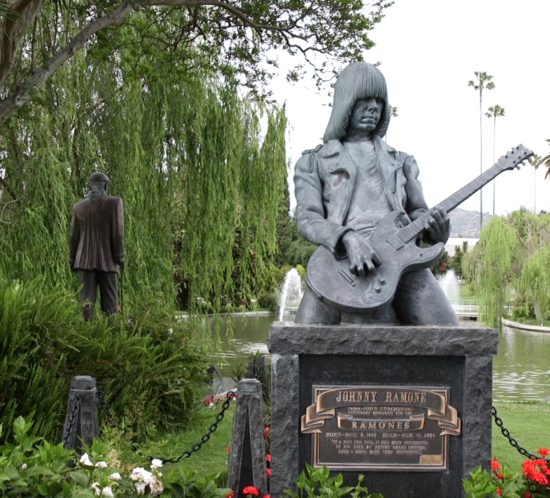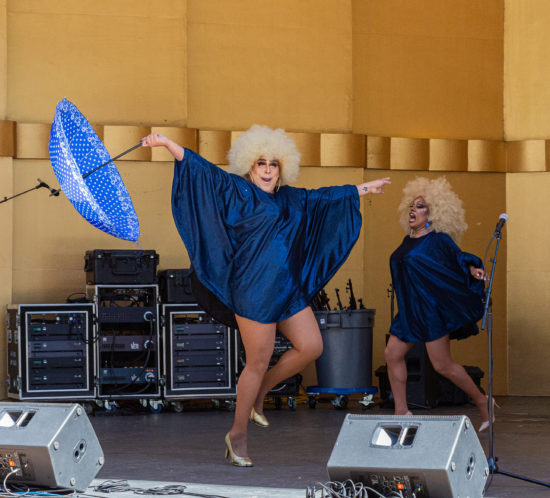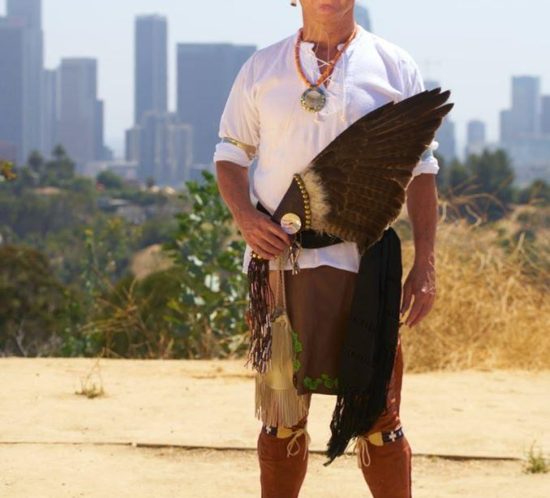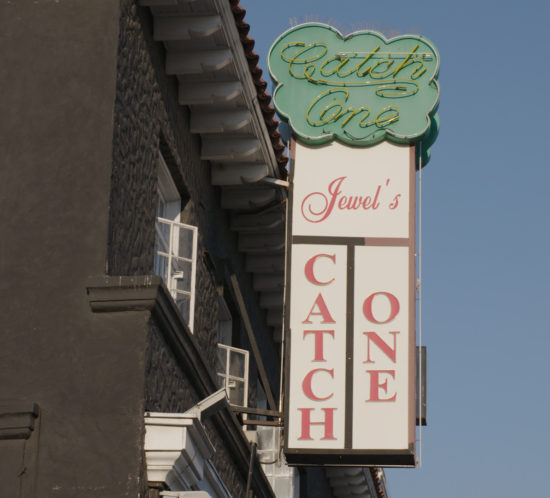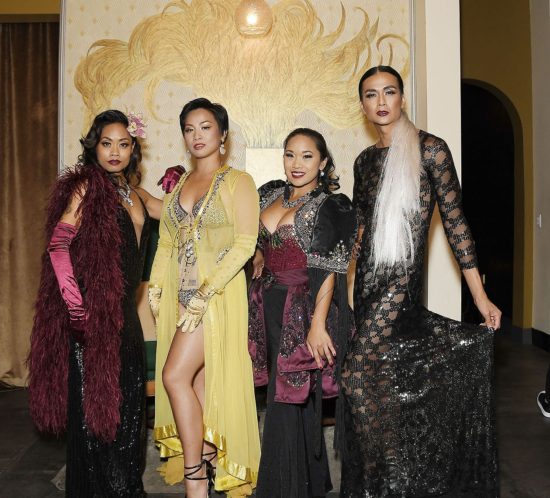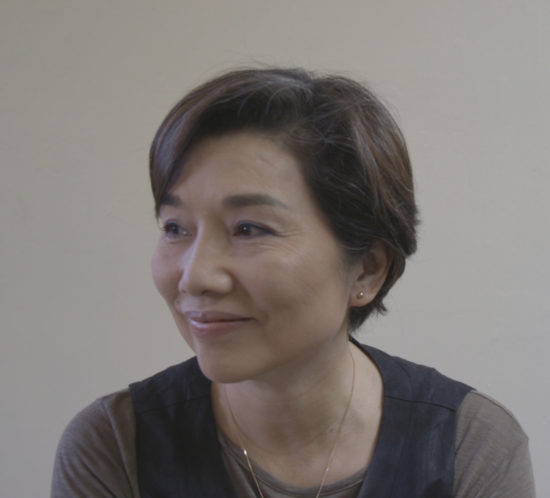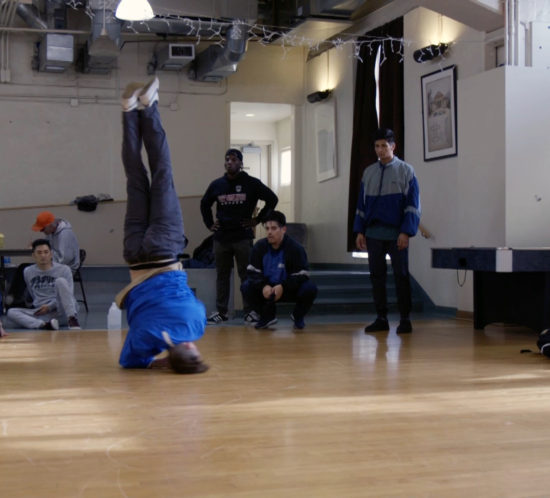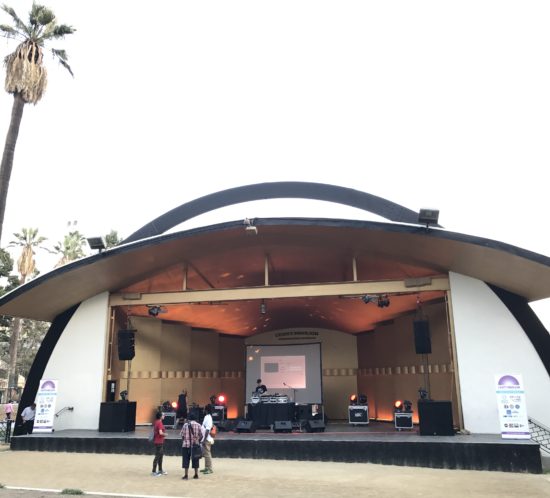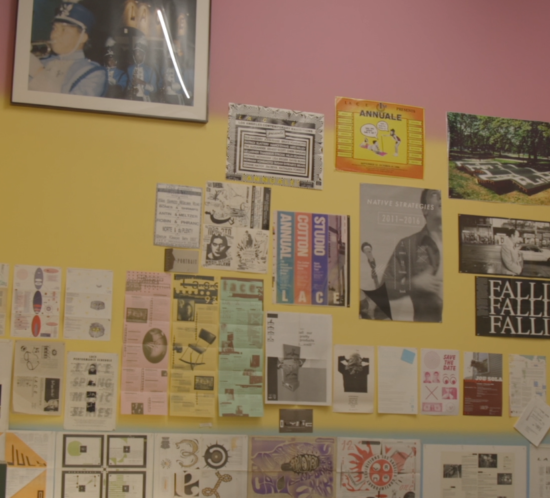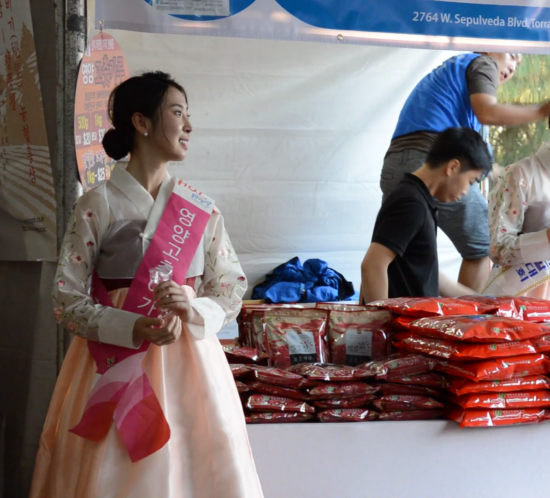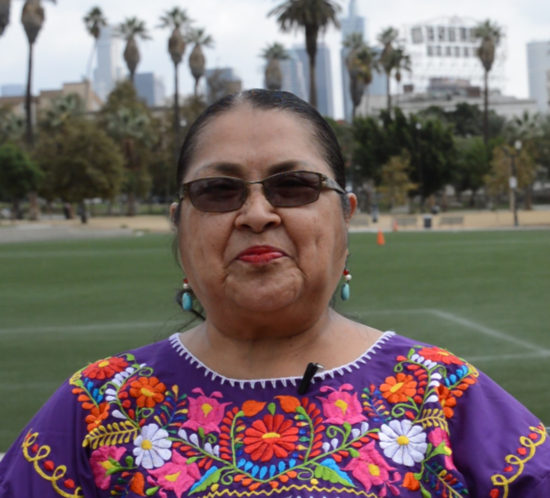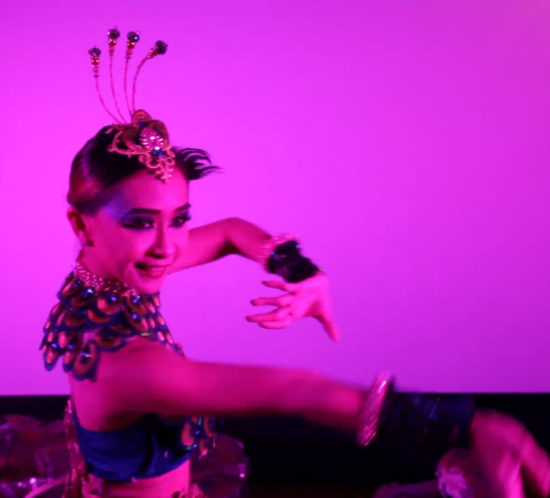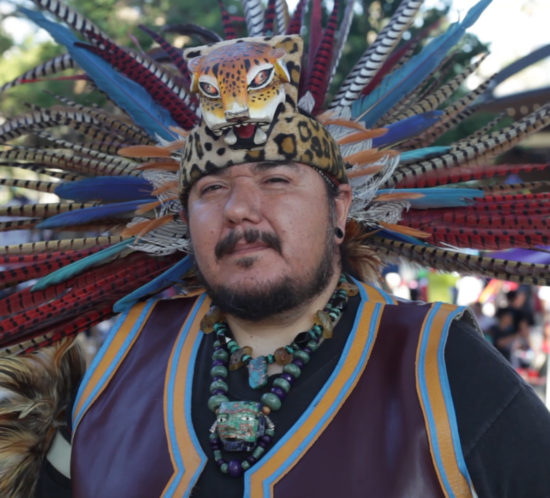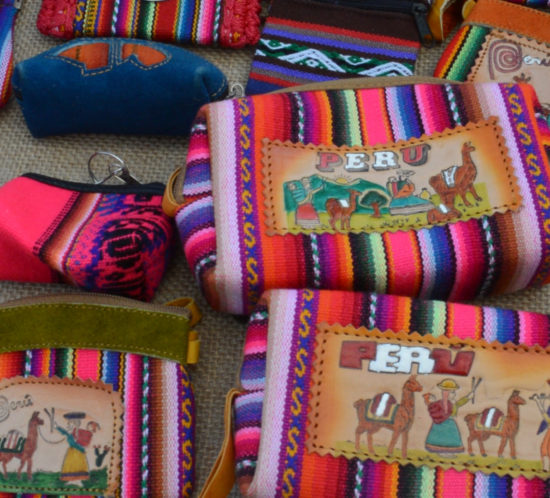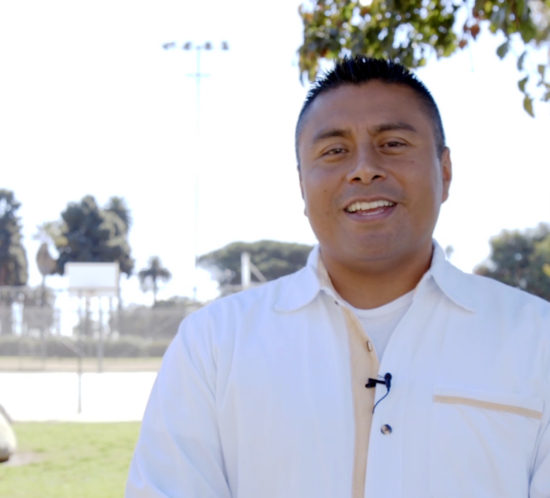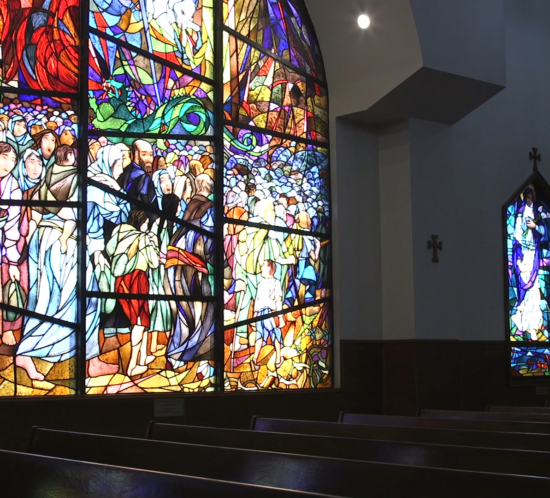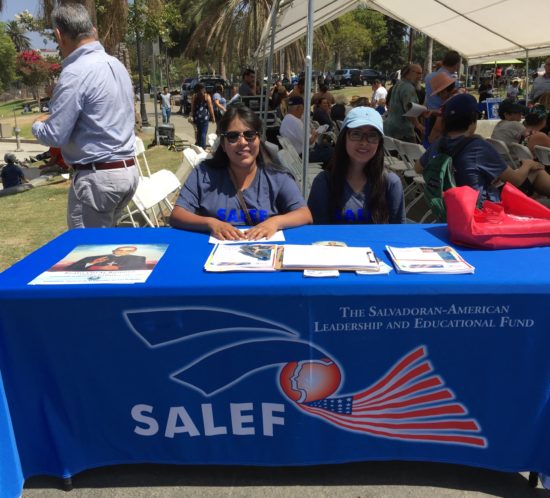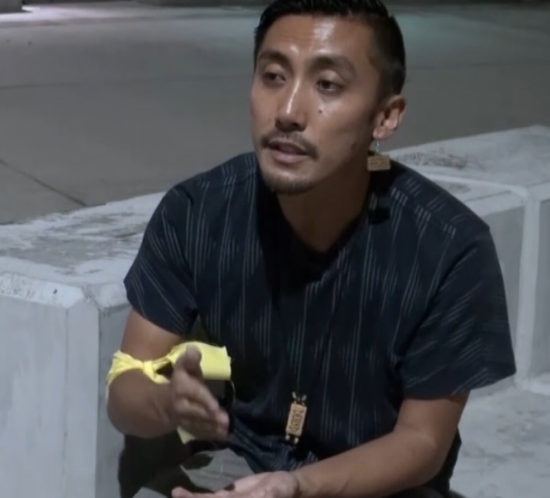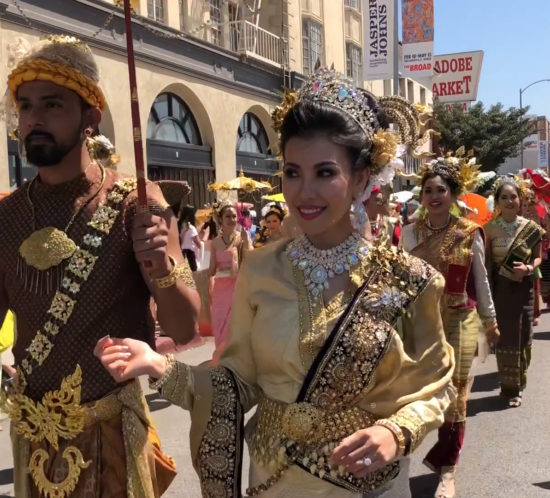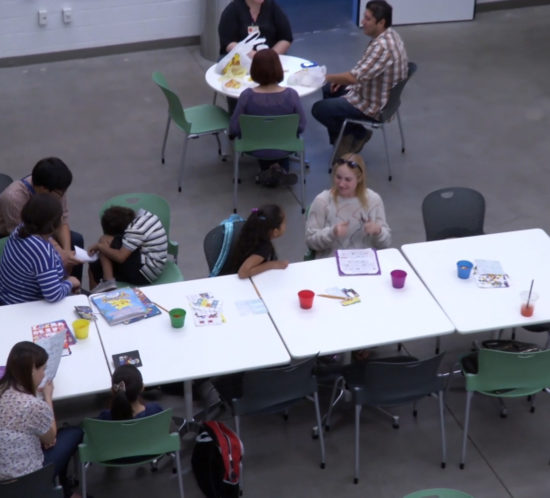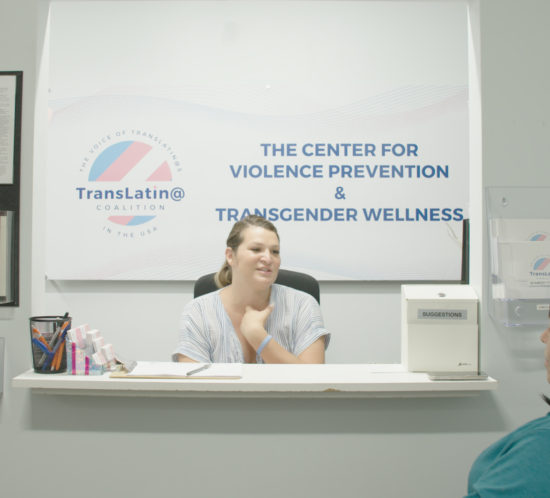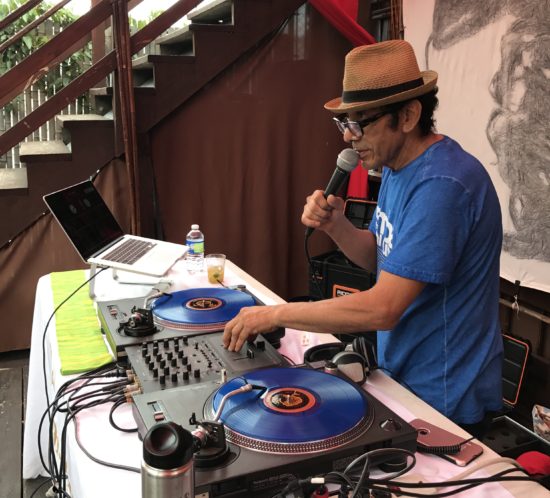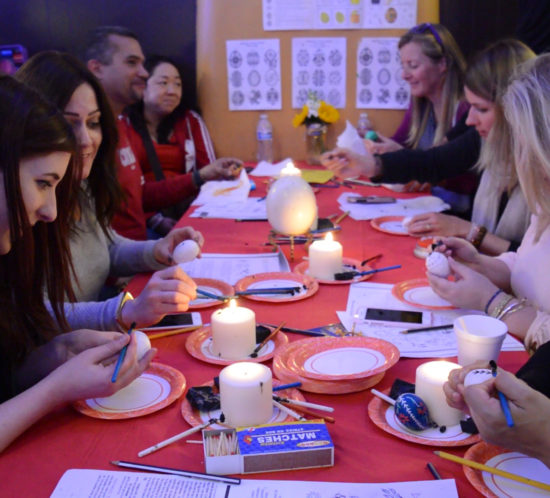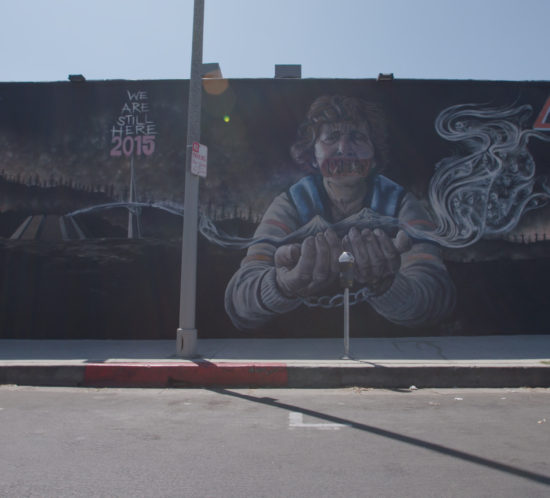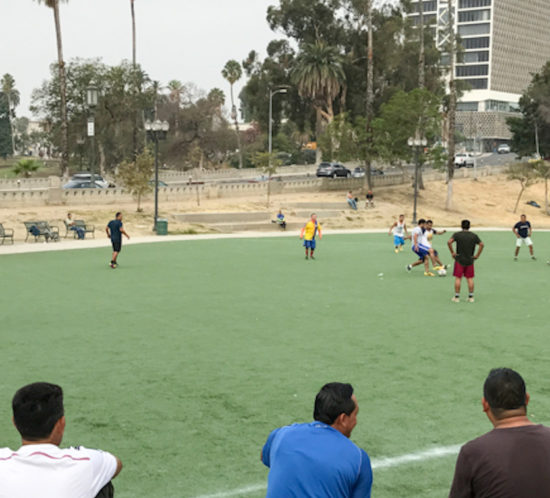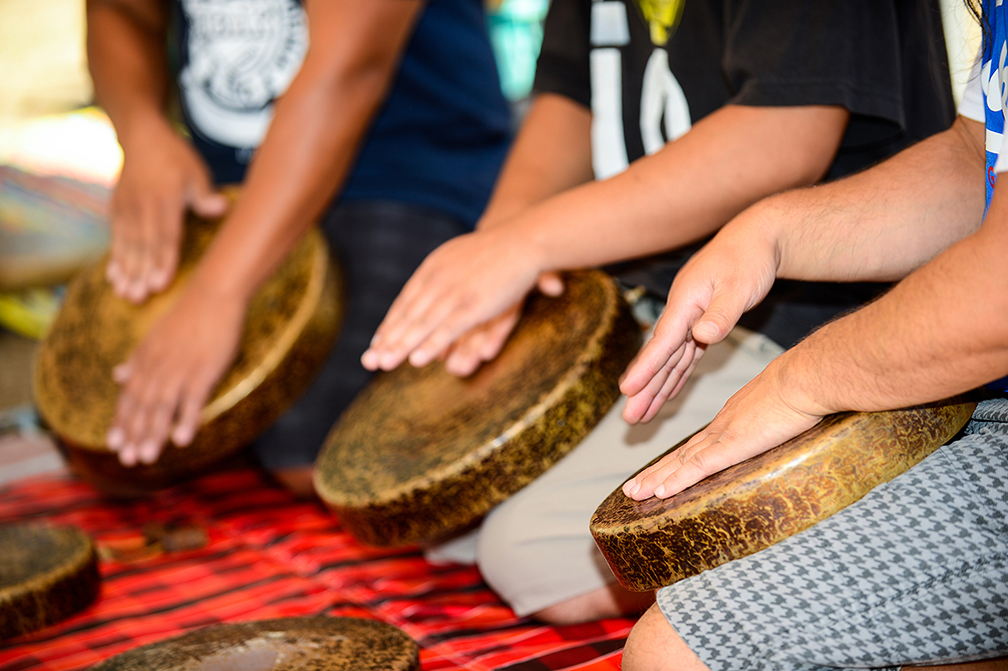
BIBAK Los Angeles
The organization BIBAK was first founded by university students in the Philippines in the 1950s and as immigration from the Philippines to the U.S. grew in the 1960s and 1970s, BIBAK chapters were established here.
BIBAK represents the 5 indigenous tribes in the Philippines, also known as Igorots through each letter in its name BIBAK: Benguet, Ifugao, Bontoc (now called Mountain Province), Apayao, and Kalinga. It has been an organization that brings families together to preserve the culture of those communities through performances and gatherings.
Community
Each tribe has distinct traditions and dress demonstrated by the different colors that are worn, which also symbolize the landscape of those communities. Wandag mentions that it has been hard for the first generation of immigrants to pass down some traditions like the indigenous languages and other customs based on being consumed with work and surviving in the United States. His generation has taken on that work calling on the elders to share that knowledge and pass it down to the 3rd generation. He sees the importance of using the cultural arts to pass on values of family, community, and caring for others even if these are being practiced outside of traditional village life where they were first practiced in the Philippines.
- Historic
- Dance
- Folk Arts
- Education
- Heritage
- Preservation
Media
When you share your culture, people share back. And we tend to understand each other more, and don’t get holed up into pockets - Michael Wandag

